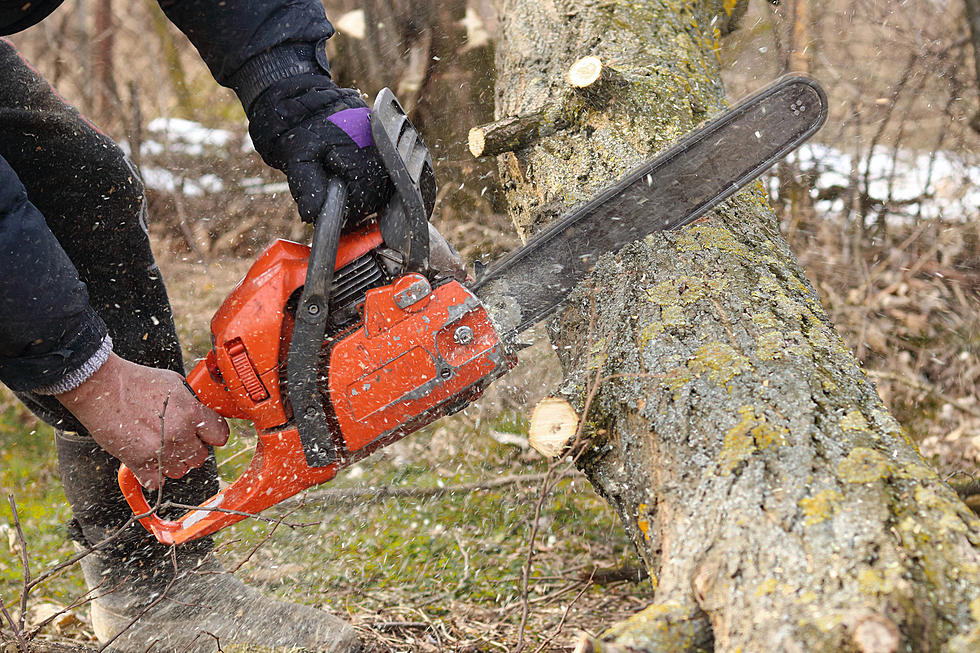
Got Debris From Lee? Bangor Public Works Will Help Residents Get Rid Of That
Crews in several towns are still working on the clean-up of debris left behind this past weekend, in the wake of Tropical Storm Lee blowing through Maine.
While surrounding towns are busy replacing utility poles and fixing washed-out roadways, Bangor is offering its residents who may have suffered from some storm damage, a helping hand when it comes to clearing up downed trees, tree limbs, and leaves.

Since the City's ordinance prohibits the disposal of yard debris into the Public Works trash cans, they've developed a plan to go around the City and pick up piles of debris residents have stacked on the side of the road.
According to the City of Bangor's website, clean-up began on Wednesday.
"Debris should not be bagged or bundled - just place it in a pile. Debris piles should be composed of natural organic material only - no boards, metal, wires, plastic, etc. Please do not block sidewalks with debris. Please do not place your brush in the road as it will affect parking and disrupt the flow of traffic. Please do not put organic storm debris in your City trash can."
Things like rocks or any unwanted metals or materials will not be picked up at this time.
If you'd like more information about other options for debris and trash removal, you find out more via the City's Facebook page.
25 costliest hurricanes of all time
KEEP READING: Get answers to 51 of the most frequently asked weather questions...
LOOK: The most expensive weather and climate disasters in recent decades
More From WWMJ Ellsworth Maine








![Maine Man’s Roof-Raking Technique Works Too Well [VIDEO]](http://townsquare.media/site/543/files/2024/04/attachment-Screenshot-120.jpg?w=980&q=75)
